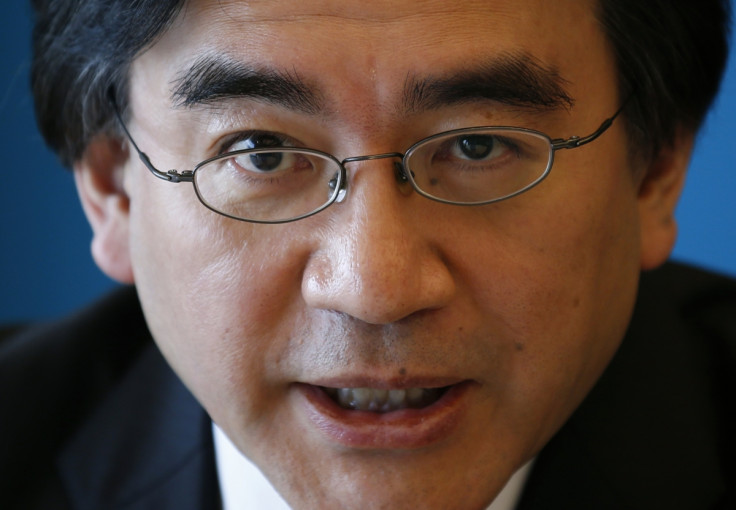Satoru Iwata: His games offered childlike joy, raw delight and unadulterated pleasure

A lot of what I write about videogames is very serious. I've taken it upon myself to approach them with the same expectations I might have of a novel, or anything else created by adults. I try to use language that's very sober.
But discussing Satoru Iwata's career, his legacy, in those terms is impossible. The games and hardware that he worked on and signed off on bely a forensic, sombre approach – Iwata seems to have been a man who, more than anything, was concerned with the fun of video games, the pure, childlike joy that started them off in the first place.
And that raw delight, the guilt-free and unadulterated pleasure of playing Kirby, Pokemon or the Nintendo DS, is essentially what got me and millions others into video games in the first place. When I was seven years old, I wasn't enthused by games because of their novelistic or lack of novelistic qualities. I was enraptured by them because of people like Iwata.
So, when it comes to talking about his legacy, I don't want to descend into dispassionate analysis of Iwata's time at Nintendo. I also want to avoid simply regaling you with stories of what it was like playing his games. I think it is testament to the man that we're all, even if it's only by osmosis, familiar with his work, so waxing lyrical about what Iwata created feels like wasting words.
It has universal appeal – unfettered joy doesn't require any further salesmanship from me.
Legacy
His legacy as I see it, from inside the world of criticism and reporting, is sparking an interest in games in a generation of young, exciting and diverse writers.
Everybody whose work I value is today talking about Iwata. Every decent article or essay, which attempts to drive games on and look at them differently, will have been written by somebody who at one point played a game Iwata was involved in and thought "this is what I want to do".
Especially in the late nineties and early noughties, when Iwata was rising through the ranks of Nintendo's corporate divisions, video games were exclusionary. Even more than now, believe it or not, video games were dominated by male power fantasies, white characters and scantily dressed women. Nintendo isn't off the hook when it comes to representation – look at Princess Peach – but even if it is by ignoring truly human characters in favour of cartoon ones, the company, I think, has always done a better job of speaking to people.
And that to my mind is Iwata's legacy, one more worthwhile than any Nintendo balance sheet or twee story about how much I personally loved Earthbound.
I'm not sure if it was ever a conscious effort on behalf of Iwata or Nintendo, but something like Kirby has always felt like the accessible entrance into a culture which otherwise alienates a lot of people. Everybody passed through Iwata's games at some point and it was impossible to not be at least partway seduced by them. I can say that personally, even as a constant, somewhat embittered critic of video games, I'm here because of Iwata.
And now he has died, of an easily preventable illness at an appallingly young age. Video games are computational, often rigid rules-based environments where every input has a predictable, balanced output. Reality on the other hand, as a lot of people are reminded today, isn't fair.
© Copyright IBTimes 2025. All rights reserved.




















